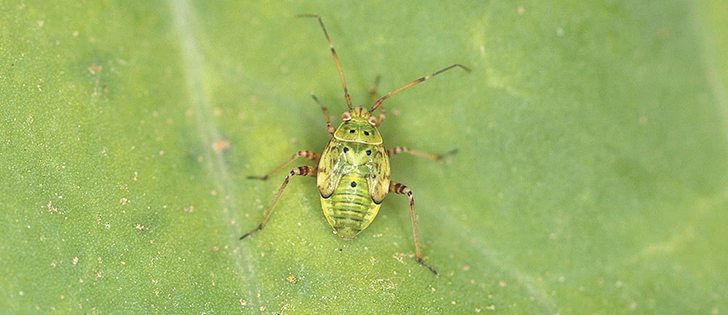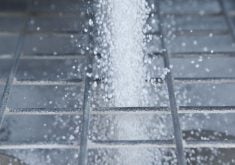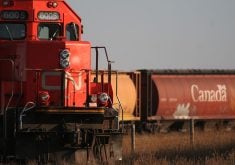BROOKS, Alta. — It is time to start sweeping canola fields for lygus bugs.
This summer’s heat, with temperatures at or above 30 C, is encouraging faster reproduction of the damaging insects, said Scott Meers, an entomologist with Alberta Agriculture.
“This year will be a high risk for lygus. You should start sweeping,” he said.
Two or more bugs captured per sweep means it is time to spray, he told a Canola Galla education day held at Alberta Agriculture’s Crop Development Centre at Brooks.
Read Also

Crop quality looks good this year across Prairies
Crop quality looks real good this year, with the exception of durum.
“I expect we are going to get into the typical race between harvest and lygus damaging the crop,” he said.
Adults and larvae suck plant juices so that flowers abort and pods fall off. Feeding on the older pods causes the seeds to shrivel or the pods to be deformed.
Alberta Agriculture is monitoring 311 sites along Highway 2 down the centre of the province. The department has found lygus bugs as well as plenty of bertha army worms and a few diamondback moths. However, the monitoring has found no Swede midges.
In some years, spraying for cabbage seed pod weevils will also catch lygus bugs, but it is not uncommon to have to spray lygus twice.
“We don’t want to encourage prescription spraying, but if you spray for cabbage seed pod weevil, then the general trend is that if we get the timing right for cabbage seed pod weevil, then we seldom have trouble with lygus,” he said.
















